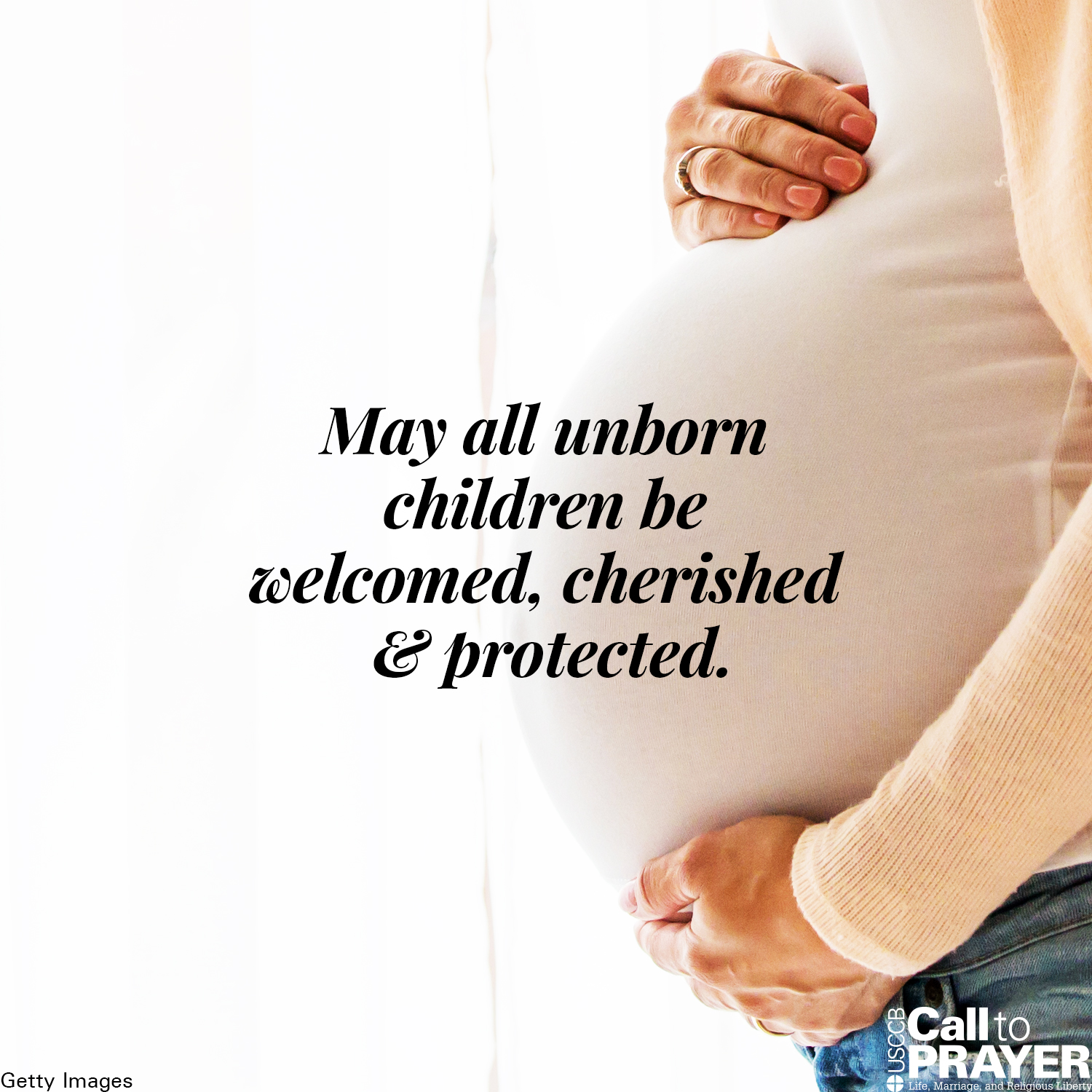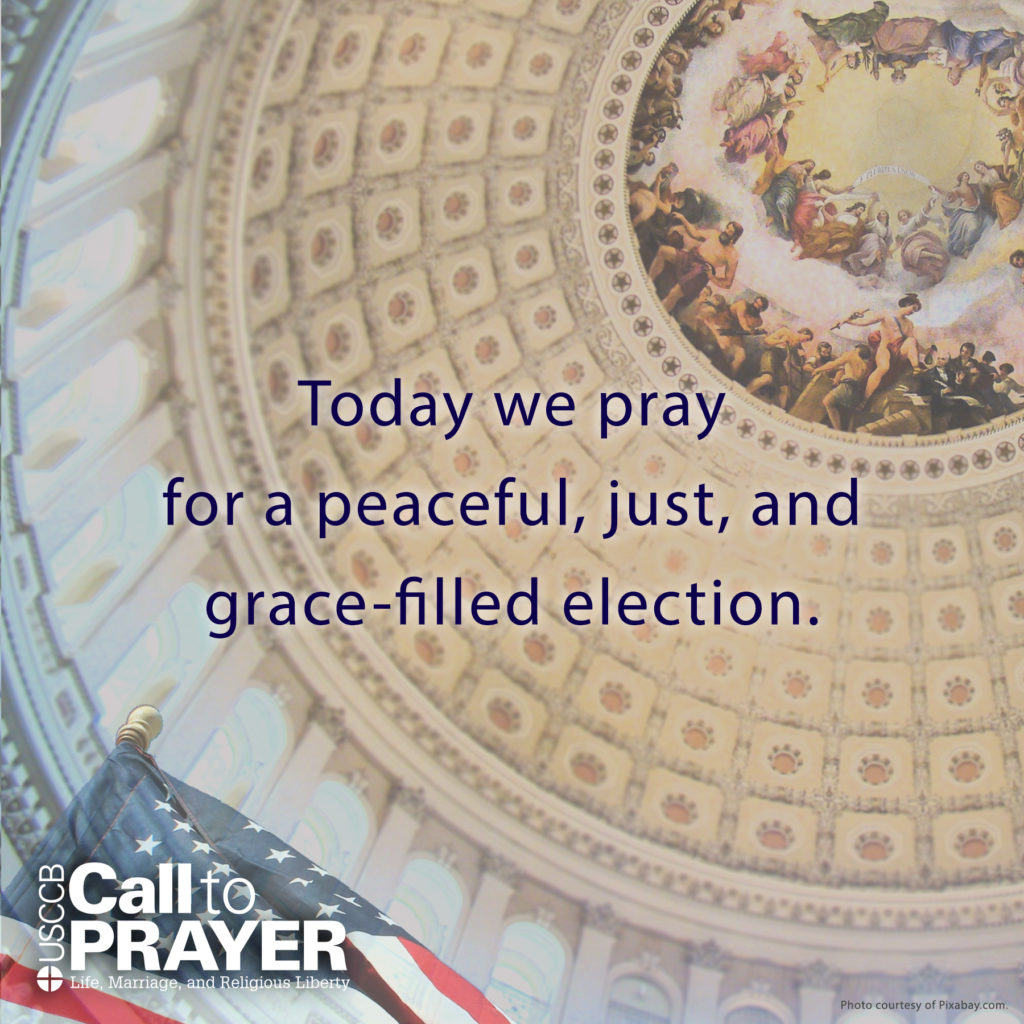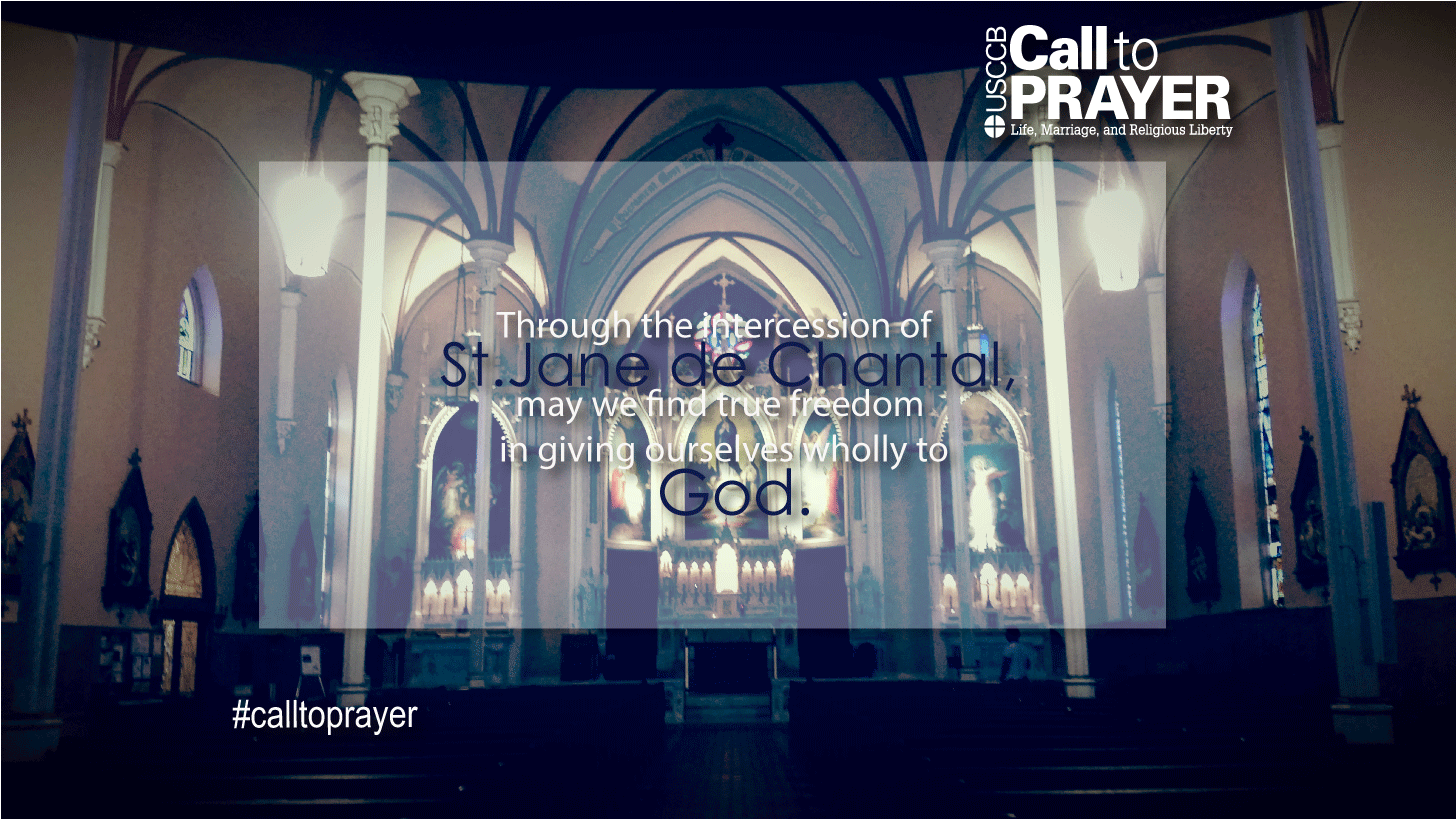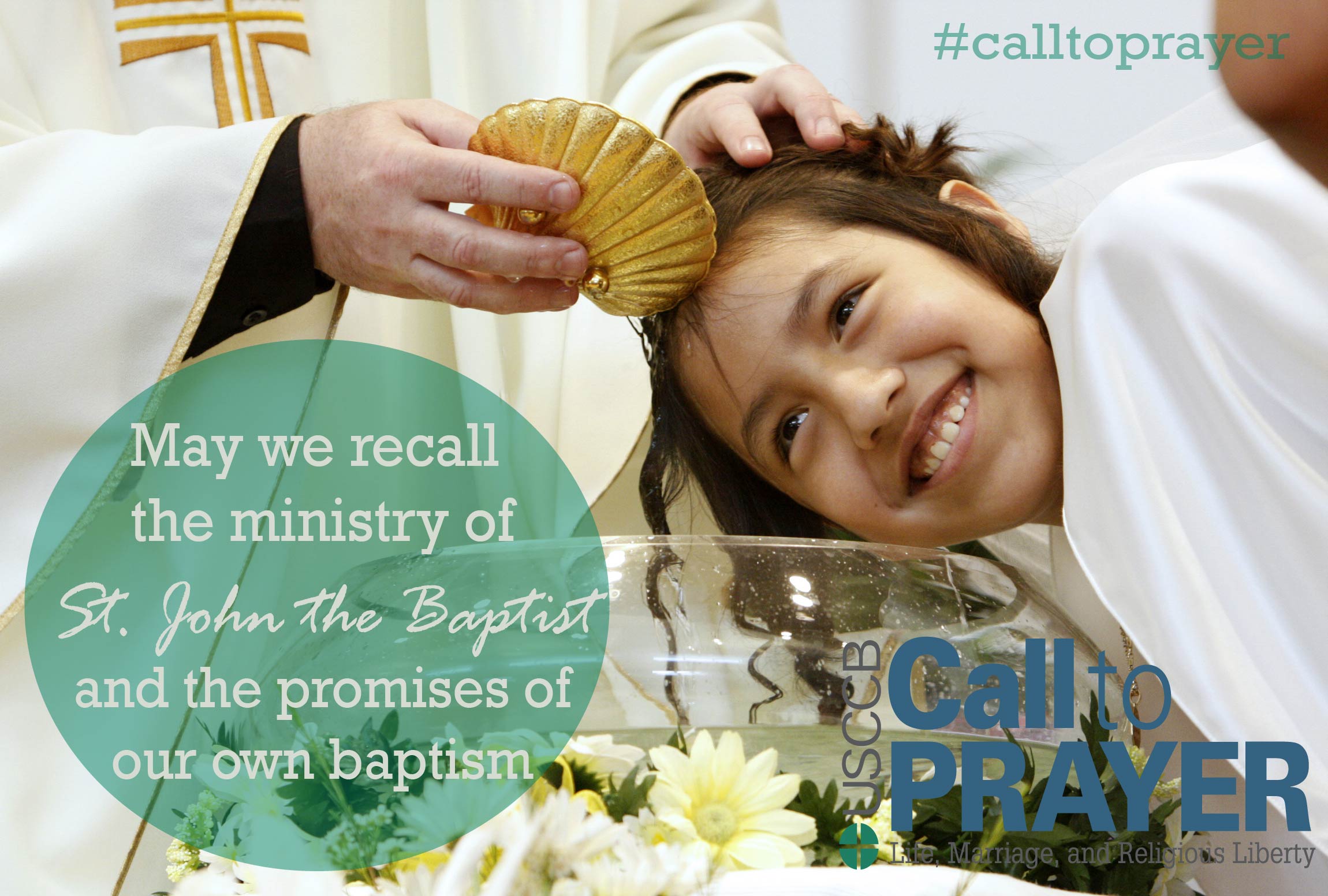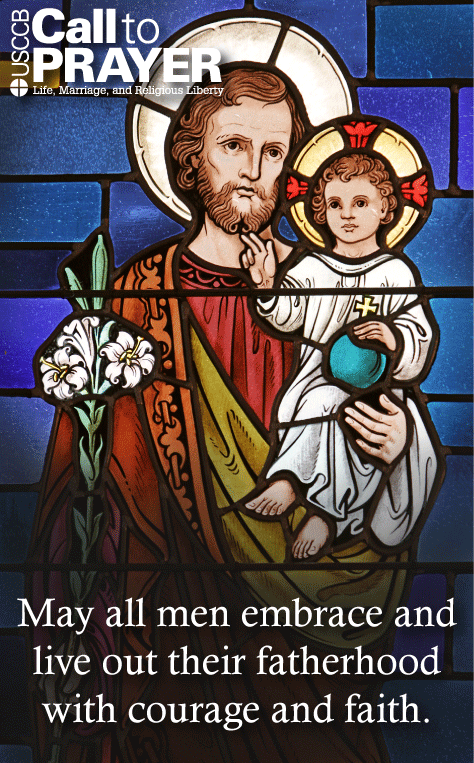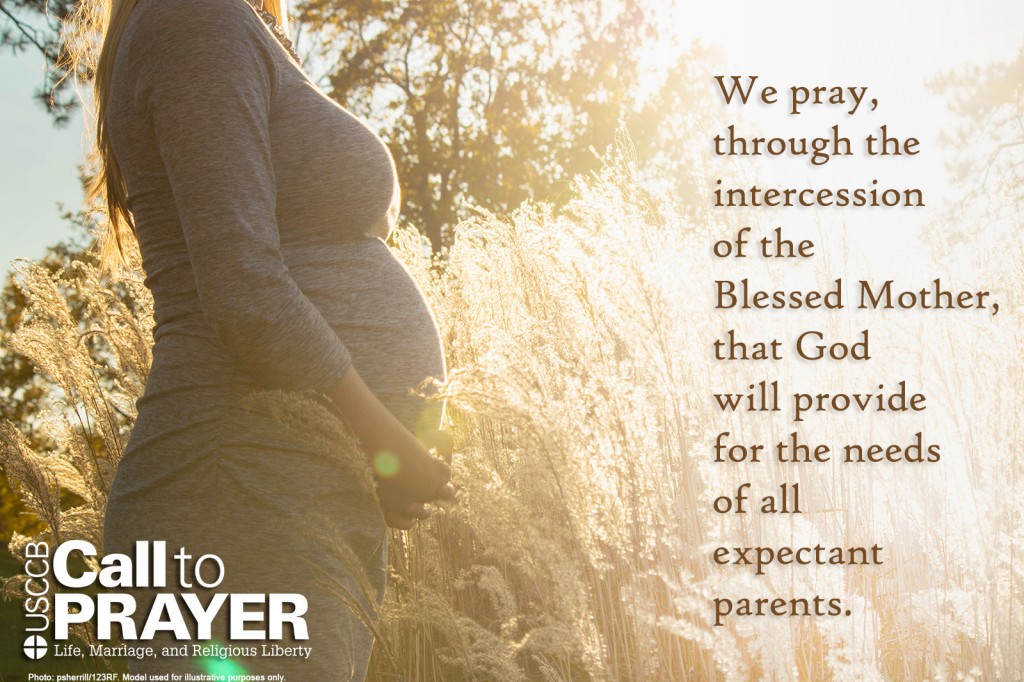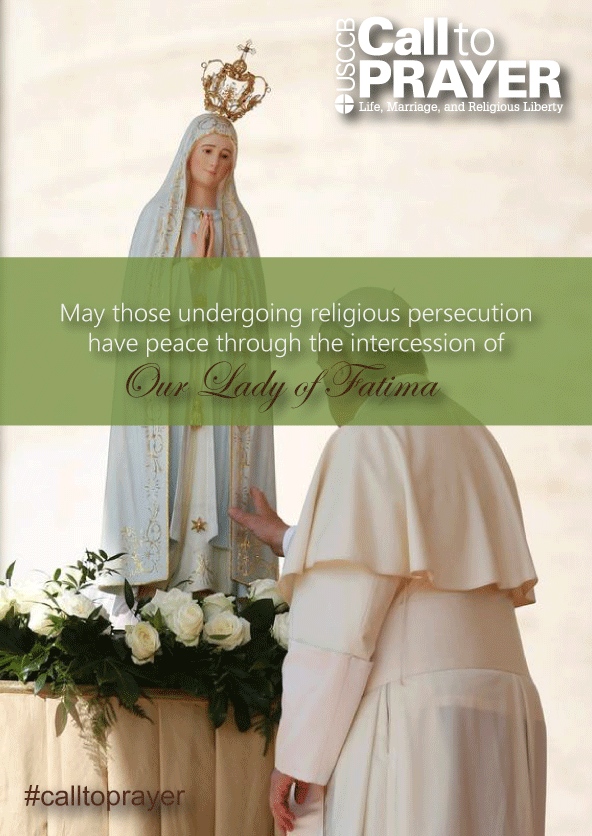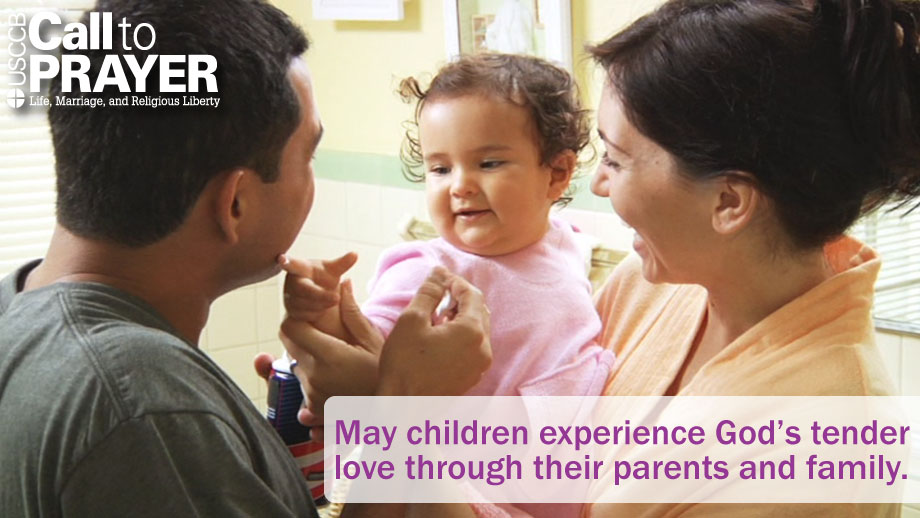Love Means More Sneak Peak: Is Love a Feeling?
 The following article is a preview of the content for our new home, Love Means More:
The following article is a preview of the content for our new home, Love Means More:
Is love how someone makes you feel?
No. It can include that, but it is primarily an act that involves the whole person, not just the emotions.
“Love does not seek its own interests.” -St. Paul, 1 Corinthians 13:5
Ok, but what does that actually mean?
Brian was nervous whenever Charlotte was around. He had never felt much of anything for anyone, but she singlehandedly changed his view of people without even trying. Her radiant face and the lighthearted way she interacted with people were more than enough to make him forget his troubles. Just being in the same classroom with her was enough to fill his life with joy. He thought he could be happy with her. He asked her to prom. She said no. She explained as kindly as possible that, no matter how much she wanted to feel the same way about him, she just couldn’t force it. The butterflies in his stomach turned to lead weights and sank to his feet. Now what?
The view that love is only a feeling can’t help Brian be respectful of Charlotte. If he thought, “she makes me feel truly alive, therefore I must be in love with her”, he would be tempted to reject her honest response. He might either doubt that she meant it, or resent her because he believed that she owed it to him to return his “love”. This is how wounds go unhealed and develop into bitterness.
Even if the feeling was mutual, and everything Brian wanted came to pass, it still wouldn’t be enough. If the relationship depended on each of them valuing the other solely because of “how you make me feel”, they would care more about how they themselves felt than about the good of the other person, who is the cause of those feelings. If they could get the same feeling elsewhere, there would be nothing keeping them together. The relationship would be built on use, not love, unless his feelings progressed into love of the other for her own sake.
The difference between feeling love and having love is like the difference between feeling a book and reading a book. Brian can hold a book in his hand all he wants, but that’s not what the book is for. The book is for reading, which usually involves holding it, but not necessarily. If merely holding it is so enjoyable, that must be some book. Likewise, Brian doesn’t have loving feelings for the sake of being pleased in her company, he has loving feelings for the sake of Charlotte’s good.
To be continued on Love Means More…
Archive
Ep. 90: Vocations plus E.T.
Concluding our series of episodes on vocations, Fr. Dan Hanley (Associate Director of the USCCB’s office for Clergy, Consecrated Life, and Vocations) joins us to run the gamut of the various ways God calls us to love. For anyone who might be confused about the scope of vocational options, his insight goes a long way toward making sense of the whole. Then Kara Bach joins (30:20) to celebrate the 40th anniversary of E.T. the Extra-Terrestrial. Few movies have ever offered a better reflection on family life and the sense of wonder.
Follow Made for Love free on your podcast app!
On Podbean:
On Soundcloud:
Learn more about the vocations we covered here!
“In speaking of this desire for our own far-off country, which we find in ourselves even now, I feel a certain shyness. I am almost committing an indecency. I am trying to rip open the inconsolable secret in each one of you—the secret which hurts so much that you take your revenge on it by calling it names like Nostalgia and Romanticism and Adolescence; the secret also which pierces with such sweetness that when, in very intimate conversation, the mention of it becomes imminent, we grow awkward and affect to laugh at ourselves; the secret we cannot hide and cannot tell, though we desire to do both. We cannot tell it because it is a desire for something that has never actually appeared in our experience. We cannot hide it because our experience is constantly suggesting it, and we betray ourselves like lovers at the mention of a name. Our commonest expedient is to call it beauty and behave as if that had settled the matter.
“Wordsworth’s expedient was to identify it with certain moments in his own past. But all this is a cheat. If Wordsworth had gone back to those moments in the past, he would not have found the thing itself, but only the reminder of it; what he remembered would turn out to be itself a remembering. The books or the music in which we thought the beauty was located will betray us if we trust to them; it was not in them, it only came through them, and what came through them was longing. These things—the beauty, the memory of our own past—are good images of what we really desire; but if they are mistaken for the thing itself they turn into dumb idols, breaking the hearts of their worshipers. For they are not the thing itself; they are only the scent of a flower we have not found, the echo of a tune we have not heard, news from a country we have never yet visited.” ― C.S. Lewis, The Weight of Glory
Archive
Ep. 86: Kids, Kenosis, and Weathering with You
Leah Libresco Sargeant is here to help us better understand the spiritual and theological side of being a mother or father. How do kids empty us of our false selves in their radical dependence? How does that dependence reveal our own, even more radical, dependence on God? That, Broadway musical nerddom, and a chat with Kara about the 2019 film Weathering with You to come in today’s episode.
Follow Made for Love free on your podcast app!
On Podbean:
On Soundcloud:
You can find Leah Libresco Sargeant’s writing at these links!
Children Ask You to Die to Self
Encanto and the Benedict Option
Archive
Made for Love Ep. 66: Language in Gender Theory part 2
Dr. Abigail Favale is back for part 2 of her interview about language in Gender Theory. Plus, Kara joins us to cover Men, Women, and the Mystery of Love chapters 7-9. Topics covered include chastity, modesty, the Me Too movement, and frat bros. Missed part 1 of the interview? Find it here.
Follow Made for Love free on your podcast app!
On Podbean:
On Soundcloud:
Find Dr. Favale on Twitter and check out her book Into the Deep: An Unlikely Catholic Conversion.
Swedish Study regarding the mortality and suicidality rates among people receiving “gender-affirming surgery”.
American Journal of Psychiatry correction of a study which had erroneously concluded that “gender-affirming surgery” led to lower use of mental health treatment.
Church Resources:
“Male and female he created them” towards a path of dialogue on the question of gender theory in education (Congregation for Catholic Education, 2019)
Select Teaching Resources (USCCB, 2019)
Related Episodes:
Archive
Made for Love Ep. 63: Marriage Balance and Minari
Mike and Alicia Hernon join us for part 1 of their interview on how to balance loving your spouse and kids. Kara stops by to chat about the Oscar contender Minari.
Follow Made for Love free on your podcast app!
On Podbean:
On Soundcloud:
Related episodes:
23- Divorce
Archive
Made for Love Ep. 62: Overcoming Resentment in Marriage
Dr. Greg and Lisa Popcak are back for part 2 of our interview on overcoming resentment, this time in marriage. Later, Kara returns to talk about chapters 3-4 of Men, Women, and the Mystery of Love.
Follow Made for Love free on your podcast app!
On Podbean:
On Soundcloud:
Check out Greg and Lisa’s radio show More2Life, along with their Instagram, Twitter, and Facebook!
The Amoris Laetitia Family Year runs from 3/19/21 until the 10th World Meeting of Families on 6/26/22.
Related episodes:
Episode 6: Reality of Marriage vs. the Ideal
Episode 50: Praying as a Family
Archive
What is Sacramental Marriage?
Sacramental Marriage
In the last post, we discussed marriage as a natural institution. We explained how marriage is rooted in human nature—meaning that marriage is not a purely conventional, political, or social institution, but a natural one; one that human beings are made for.[1] In today’s post, we are going to build upon our discussion of natural marriage, looking specifically at the Catholic Church’s teachings on both natural marriage and sacramental marriage—marriage between two baptized Christians, elevated by Christ to the level of a Sacrament.
Recall from our last post that marriage is a natural institution because it is a practice instituted by nature itself. If we believe that God is the author of nature, then it is God who created the human being to be the kind of being that procreates sexually and whose offspring require parental involvement for their entire lives. Therefore, by creating man and woman in this way, it is God who instituted marriage. Marriage is written into His plan for creation, “written in the very nature of man and woman as they came from the hand of the Creator” (CCC, 1603).[2] Further, the Catholic Church teaches that God created the natural institution of marriage to be permanent. This is simply an acknowledgment of what love means—we do not say “I love you until the end of the month,” but rather “I love you forever.” This is why the Catholic Church recognizes even the marriages of non-baptized men and women as valid, lifelong, and binding, as long as certain basic elements are present. Why must all valid marriages be regarded as lifelong and binding? The natural impulse to marry is inextricably linked to the procreation and education of children. Children have the natural right to know their parents. So, it follows that a lack of permanence in marriage would do harm to the children.
It is in virtue of marriage’s natural permanence that the Catholic Church rejects the practice of divorce. The Church follows what Jesus Christ says about marriage in the gospels. In response to the Pharisees, who ask him whether a man is ever permitted to divorce his wife, Jesus says, “from the beginning of creation, God made them male and female. For this reason, a man shall leave his father and mother and … the two shall become one flesh. What therefore God has joined together let not man put asunder” (Mk 10:5-9; cf. Mt 19:4-9; Lk 16:18). Here, Jesus tells us (1) that divorce goes against the natural order of creation and God’s plan for mankind, and (2) that marriage is permanent, in accordance with the natural law— “what God has separated let not man put asunder.” Of course, divorce is a complicated topic that deserves a more detailed discussion than this post allows, but don’t worry: we will re-visit it in another post!
Now, Catholics not only believe that God instituted natural marriage, but also that Christ elevated the natural institution of marriage to a sacrament, into a sign of His love for His Bride, the Church, and a source of sanctifying grace. Through the sacraments we receive in our soul the supernatural life of Christ and are helped on our journey to heaven. Now, the graces conferred in each Sacrament differ with respect to the ends of the Sacrament received. As such, the sacrament of marriage infuses the spouses with graces that are “intended to perfect the couple’s love and to strengthen their indissoluble unity” (CCC, 1641). Jesus makes marriage a vehicle for grace, and “the grace of the sacrament thus perfects the human love of the spouses, strengthens their indissoluble unity, and sanctifies them on the way to eternal life” (CCC, 1661). A quality willed by God from the beginning (permanence) takes on a new meaning—pointing to the union of Christ and the Church. As Cardinal Müller explains, “Through the sacrament, the indissolubility of marriage acquires a new and deeper sense: it becomes the image of God’s enduring love for his people and of Christ’s irrevocable fidelity to his Church.”[3] In other words, the marital relationship is modeled on the relationship between Christ and his Church, and the love of the spouses reflects the love that God has for us. It is no mere reflection, however. The marital relationship, enriched by its special gifts and graces, is “merged with the divine” and uniquely manifests and participates in God’s divine love.
While not diminishing the importance and beauty of the spousal relationship in itself, we must remember that this intimate spousal relationship is essentially ordered to the procreation of children. The husband and wife unite totally in the conjugal relationship, body and soul. This is another way that the marital relationship is “merged with the divine”: to be open to life is to participate in God’s own love and creative work. The spouses’ openness to children is an expression of their love for each other and of their cooperation in God’s design. In this way, we see that the natural purposes of marriage, the good of the spouses and the begetting of offspring, take on new meanings when elevated to the level of a sacrament; aided by grace, the married couple, by loving and giving themselves to each other, participate in the love of God himself.
[1] See “Why is Marriage a Natural Institution?”
[2] All references to the Catechism taken from: Catechism of the Catholic Church, Washington, DC: United States Conference of Catholic Bishops–Libreria Editrice Vaticana, 2000.
[3] Archbishop Gerhard Ludwig Müller . Testimony to the Power of Grace: On the Indissolubility of Marriage and the Debate Concerning the Civilly Remarried and the Sacraments. Vatican: the Holy See. Rome, 23 Oct. 1965. Web.
About the Author: Bridget Groff is an M.A./Ph.D. student in the School of Philosophy at the Catholic University of America. She currently works part-time at the United States Conference of Catholic Bishops as an intern for the Subcommittee for the Promotion and Defense of Marriage.
Archive
What is a Natural Institution? Why is Marriage One?
Why is Marriage a Natural Institution?
According to the Catechism of the Catholic Church, marriage is “written in the very nature of man and woman as they came from the hand of the Creator” (CCC, 1603). [1] If this is true; if marriage is written in the nature of the human being, then despite the many variations that the institution has undergone throughout history, “These differences should not cause us to forget its common and permanent characteristics.”[2] Marriage’s basis is not in history, then, but in our God-given human nature. That means that marriage cannot be a purely conventional, political, or social institution, but a natural one. In this post, we are going to examine what it means for something to be a natural institution and why marriage is one.
Recall from our last three posts that the word “nature” is said in different ways. [3] We can talk about the whole world of nature and all the natural things that make it up. In this sense, we contrast natural things with artificial ones. Or, we can talk about the inherent natures of living things and the behaviors or activities that derive from and fulfill a thing’s nature. When considering whether a behavior or activity is natural, we must always look to the nature of the thing engaging in that activity. Remember our potato-chip eating beaver? With this refresher, we are now going to see how an institution can be natural.
The word institution has two different senses. Sometimes, it means an establishment such as a school or a financial organization. But it also means a practice or custom that has become thoroughly integrated into society. For example, the annual televised reveal of Punxsutawney Phil on Groundhog Day is considered by many to be a “national institution.” If someone were to try to cancel this event, there would be widespread objection. These two senses of “institution” mean that something has been established or put in place, and that we consider it to be important.
Now, both the financial organization and Groundhog Day are what we could call conventional institutions; a human being (or many human beings) started them and put them in place. On the other hand, to call something a natural institution implies that the institution was established or put in place by nature, not people. Now, remember that when considering if a behavior or activity is natural, we must consider the nature of the subject which undergoes the activity. An institution likewise is evaluated according to its subjects. The subject of marriage is, of course, the human being; I argue here that marriage is a practice that is rooted in and also fulfills human nature. This is why we say marriage is a natural institution.
Aristotle explains in his Politics[4] why the impulse to marry is a natural one. Men and women, like all other animals, desire sexual union with one another. This desire goes hand-in-hand with the fact that men and women in partnerships take care of each other and look out for one another. Each bring different strengths to their relationship that make their individual lives better. They help each other to live a good life. Of course, when a man and a woman become one in the sexual union, they have the potential to create new life. To nurture, protect, and educate their offspring is another natural impulse of the male-female relationship. This impulse is, of course, present not only in men and women, but also in most animals to various degrees. So, insofar as human beings are animals, they are inclined to sexual union and inclined to care for their offspring.
At this point one might object: but what do these things have to do with marriage? No other animal declares its love before a priest or a judge! And what about things like marriage licenses, wedding rings, and wedding ceremonies? It seems like people had to make a conscious decision to institute these practices, so they can’t be natural. St. Thomas is helpful in answering this question. He says:
…the begetting of offspring is common to all animals. Yet nature does not incline thereto in the same way in all animals; since there are animals whose offspring are able to seek food immediately after birth, or are sufficiently fed by their mother; and in these there is no tie between male and female…; In man, however, since the child needs the parents’ care for a long time, there is a very great tie between male and female, to which tie even the generic nature inclines…[5]
The institution of marriage arose in men and women in virtue of the complex and long-lasting needs of human children. Human beings are born in an incredible state of vulnerability; They cannot even walk on their own two feet for almost a year. Their demands are intense and constant. It does not take a highly developed intelligence to discern that human children need their parents.[6] Penguin mates do not get married, but neither do their children expect to move back in with them after college. Further, while it is true that people created and instituted certain marriage customs, we might say that these customs are actually just the expression or manifestation of a much more basic and foundational reality: the impulse to marry rooted in human nature. The customs surrounding a wedding are accidental to the essence of marriage. So, while the institution of matrimony and its various customs does not simply arise through nature, it is because of the human being’s rational and free nature that the institution exists.
Can you think of other examples of natural institutions? Stay tuned for our next post on the sacrament of matrimony!
[1] Catechism of the Catholic Church, no. 1603. Washington, DC: United States Conference of Catholic Bishops–Libreria Editrice Vaticana, 2000.
[2] Ibid.
[3] Part One; Part Two; Part Three
[4] Politics I.1.1253a30.
[5] ST Suppl., 41, Ad.1, Co.
[6] Children raised in intact married families are more likely to attend college, are physically and emotionally healthier, are less likely to be physically or sexually abused, less likely to use drugs or alcohol and to commit delinquent behaviors, have a decreased risk of divorcing when they get married, are less likely to become pregnant/impregnate someone as a teenager, and are less likely to be raised in poverty. (“Why Marriage Matters: 26 Conclusions from the Social Sciences,” Bradford Wilcox, Institute for American Values, www.americanvalues.org/html/r-wmm.html)
About the Author: Bridget Groff is an M.A./Ph.D. student in the School of Philosophy at the Catholic University of America. She currently works part-time at the United States Conference of Catholic Bishops as an intern for the Subcommittee for the Promotion and Defense of Marriage.
Archive
Nature Part 4
Today, we are going to finish our introduction to nature by applying what we have learned to a moral dilemma. Recall our friend from the first post, who likened using contraception to treating an illness. This is his thought process: “Well, it’s natural to get sick, but we take precautions to prevent illness all the time. Similarly, getting pregnant is a natural process. Why can’t we take precautions to stop this natural process? If contraception is unnatural, then I guess preventing an illness is unnatural, too!” Let’s unpack this.
The first assumption that our friend makes is that getting sick is a natural process. Is this true? Remember our beaver example, which demonstrated that certain things can be natural or unnatural in different respects (i.e. eating potato chips). Well, getting sick is natural insofar as all living things are prone to it. If it has life, it can also fall ill, become infected, die, and decay. But we must consider not only what happens to living things, but also the nature of living things. Just because it happens doesn’t mean it’s natural.
Living things possess an innate principle of motion and rest– they are animate; they move. So, when animation is compromised, take a person in a coma for example, then that compromises the living thing’s very nature. It is not “being what it is” at that moment. You don’t look at a person in a coma and think, “That person is living her best life.” To get sick is, in fact, unnatural for the living thing. We all kind of know that through common sense.
So contrary to our friend’s idea, preventing illness is more natural to the human being, in the way we are talking about, than getting sick. That is because preventing illness is the application of reason (proper to humanity) to a problem (illness). According to St. Thomas Aquinas, there is a law that governs all living things, and its precepts are: do good and avoid evil, preserve one’s life, and preserve the life of one’s species.[1] Violating these precepts would be unnatural. Since illness is a threat to one’s life, it is actually natural for animals (human beings included) to seek out remedies that prevent or reverse illness; to do this is natural insofar as it restores nature to its proper order. So no—Christians aren’t against medicine!
Now, we are going to contrast the above with contraception.
Having sex is an activity which, by its nature, intends the procreation of children.[2] This is evident by biology: the reproductive organs have no function except generation, and they don’t “work” on their own but only with each other (one male, one female). If the sexual organs “do their job” to the peak of their powers—if they fulfill their nature as reproductive organs—a baby is conceived. By contrast, there is no organ in the body that exists in order to nurture disease. Rather, there are all sorts of defense mechanisms in the body to fight disease! So just like it would be unnatural to thwart the functioning of the stomach (say, by inducing vomit), to have sex with the intention of thwarting the natural purpose of the sexual organs is unnatural. When we consider the Natural Law applied to the human person, we must consider how having sex without being open to life affects human dignity and flourishing. (Alas, more for a future post!)
In conclusion, we must not treat the “natural process” as a univocal thing; we must always consider the subject which undergoes the process. It is clear that some processes are natural in one respect, but not in another. To ask whether something is natural or unnatural is really to ask. “Is this good for this thing?” If it prevents the living out of a thing’s nature, it is bad (unnatural). If it helps the thing function and flourish, it is good (natural).
[1] ST I-II, Q.94, Art. 1 & 2
[2] We are assuming this for now but stay tuned for another post on the ends of procreation.
About the Author: Bridget Groff is an M.A./Ph.D. student in the School of Philosophy at the Catholic University of America. She currently works part-time at the United States Conference of Catholic Bishops as an intern for the Subcommittee for the Promotion and Defense of Marriage.
Archive
Made for Love Ep 31: The Joy of Pets
Pets can make a huge positive difference in the life of a family. They can bring out different sides of family members, provide an opportunity to learn responsibility, and provide surprises and entertainment. On this episode, we’ll hear from Bishop Vann (Orange), who is a dog-lover, Sarah Hinds, who grew up with horses and other pets, Fr. Brian Mahoney, who writes about his cats in his parish bulletin, and a few kids with pets!
Here’s a reflection by participant Sarah Coffey on her blog about how pets can be good for your soul!
or
Archive
Call to Prayer: January 18, 2019
Archive
Made for Love Ep 25: Catholics and Pornography
“Porn Kills Love.” This slogan from “Fight the New Drug” resonates with Catholic teaching about pornography. This episode is about Catholics dealing with addiction to pornography. It includes DJ Hueneman, Jeff and Annette Kohn, Kevin and Krista Burridge, Patty Breen, and Perry West.
Soundcloud:
Or Podbean:
The 2005 USCCB statement “Create in Me a Clean Heart” (Also in Spanish) addresses the crisis of pornography in today’s world. There’s an abridged version if you are pressed for time! The conference also publishes pamphlets to help particular groups:
- For Married Couples
- On Raising Children
- For Priests
- For Those Struggling with Addiction
The USCCB’s For Your Marriage website also has resources and help for people dealing with pornography.
The journal Humanum has a beautiful witness story: The Cleansing of the Temple: Casting Pornography Out of Marriage
Archive
Adult Children of Divorce
The conversation about divorce often discusses its impact on children in various ways, but doesn’t always take up the question of how divorce affects those children when they become adults.
Since many adults today are facing struggles and difficulties because their parents divorced, it may be time to face the fact that divorce is not a one-time event. It comes up at every holiday, every family celebration, every family tragedy.
In Amoris Laetitia, quoting the Relatio from the 2015 Synod, Pope Francis offers a kind of examination of conscience for people who have divorced: “how did they act towards their children when the conjugal union entered into crisis; whether or not they made attempts at reconciliation; what has become of the abandoned party; what consequences the new relationship has on the rest of the family and the community of the faithful; and what example is being set for young people who are preparing for marriage.”
This last point is perhaps the biggest question for those adult children whose parents have separated. How do they learn to trust that love will not “fail,” in their case? Knowing that they have a higher chance of divorce because of this family history,[1] how do they face the future with hope?
How can the Church do more to reach out to adult children of divorce and help them to heal from this experience?
[1] Here is a link to one study that shows this, though there are many that corroborate it: https://www.ncbi.nlm.nih.gov/pmc/articles/PMC2704052/



